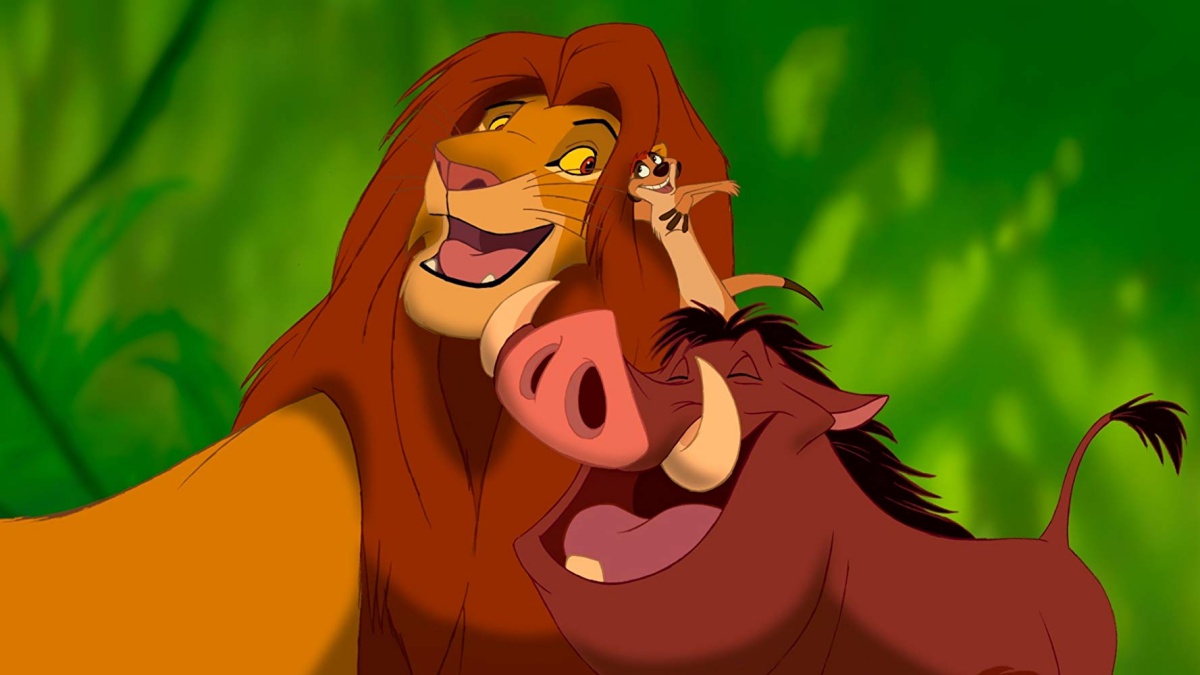The Problem With Disney Trademarking Hakuna Matata

When it comes to issues of ownership, Disney does not play any games. The American animation studio basically changed laws in order to maintain the exclusive copyright to Mickey Mouse, even though he should be in the public domain by now, because they’ll be damned if anyone else gets to use the character. As much as the studio is the root of much of our childhood, it’s also a capitalist machine, and its latest issue is over the ownership of “Hakuna Matata.”
The news is that Disney has successfully trademarked the Swahili phrase “Hakuna Matata,” which loosely translates to “no worries,” “no problems,” or “no trouble,” which, as we all know, was incorporated into the movie The Lion King.
The Root, in their coverage of the issue, explained that the company first filed for the trademark in 1994 when the movie came out, and that it has finally been approved just in time for the CGI/live-action reboot that will be in theaters next year. This trademark, of course, will also cover the musical, toys, games, clothing, and the two sequels and spinoff series.
Zimbabwean activist Shelton Mpala has created a Change.org petition calling for Disney to release its trademark on the phrase, calling the trademark a form of “colonialism and robbery.” After all, Disney did not create the phrase or its meaning; the company just incorporated those things into a highly successful song, which they already have control over. Taking ownership of the phrase itself just seems like they want to consolidate everything. I mean, what’s next? Are they going to trademark the phrase “let it go”?
Disney is not the only one to have done this sort of thing, either. Singer Taylor Swift trademarked a bunch of phrases from her album “Reputation” in order to stop them from being used in the making of fake merch. Those phrases include “this sick beat,” “we never go out of style,” “nice to meet you, where you been?” and “could show you incredible things”—all trademarked according to Project U. For a company that constantly tries to outsmart copyright laws, Disney also has the power to make other people follow them.
Fundamentally, it is gross and uncomfortable that a white company has the ability to trademark a Swahili phrase, and Shelton Mpala’s cry of colonialism may seem extreme for some, but I think it perfectly encapsulates Disney’s audacity—that they can pluck a phrase from another culture and then market it in their movie and suddenly it belongs to them.
You also can’t say this is just about unlicensed merch, since they put in for this trademark as the movie first came out. It’s about consolidating power and squashing any attempts by independent artists to make money off of the phrase, but it also ignores the people who came up with it in the first place.
In the Change.org petition, it is noted that “‘Hakuna Matata’ has been used by most Kiswahili-speaking countries such as Tanzania, Kenya, Uganda, Rwanda, Burundi, Mozambique, and the Democratic Republic of the Congo.”
“A lot of Swahili speakers have been utterly shocked, they had no idea this was happening,” said Mpala, according to The Root. “Growing up in Zimbabwe, I always had an understanding that a culture’s language was its richness.”
Ugh Disney, why do you have control over everything I love and use your power for evil?
(image: comedy central)
(via The Root, image: Disney)
Want more stories like this? Become a subscriber and support the site!
—The Mary Sue has a strict comment policy that forbids, but is not limited to, personal insults toward anyone, hate speech, and trolling.—
Have a tip we should know? tips@themarysue.com